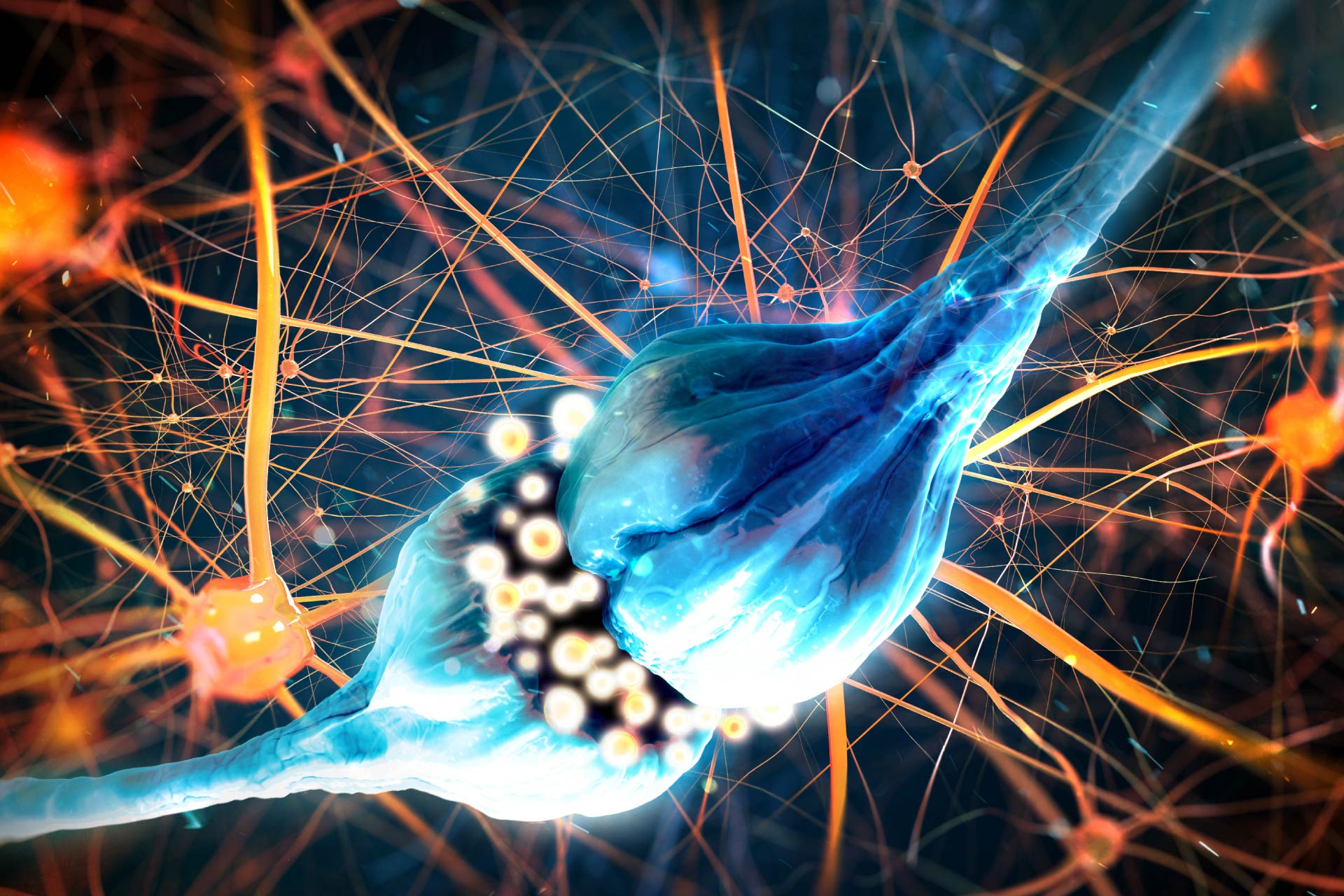• Obese microbiota
• Transmissible factors
What is already known on this topic
Studies have linked obesity with memory deficits, and work in mice has shown the association between obesity and alterations in the gut microbiota. But evidence in humans is still lacking.What this research adds
Researchers have found that a specific gut microbiota profile is linked to memory and to the volume of particular brain regions in obese individuals. Transferring gut bacteria from obese people into healthy mice led to decreased short-term memory scores in the animals, accompanied by changes in the metabolic pathways associated with aromatic amino acids.Conclusion
The findings suggest that targeting the gut microbiota could help to treat memory impairment, in particular in obese people.
Learning and memory have been associated with specific microbes, but evidence in humans is still lacking. Now, researchers have found a specific gut microbiota profile that is linked to memory and to the volume of particular brain regions in obese individuals.
The findings, published in Cell Metabolism, suggest that targeting the gut microbiota could help to treat memory impairment, in particular in obese people.
Several studies have linked obesity with memory deficits, and work in mice has shown intriguing associations between obesity and alterations in the gut microbiota. To explore the relationship between memory and gut microbes, researchers led by Rafael Maldonado at Universitat Pompeu Fabra and José Manuel Fernandez-Real at Girona University analyzed whether the microbiota of obese and non-obese individuals is associated with changes in brain structure and function.
Obese microbiota
The team recruited 116 middle-aged people, of which 65 were obese, and evaluated their memory function. Then, they analyzed the individuals’ microbiota. Several species of the phylum Firmicutes, including Clostridium, Ruminococcus, Eubacterium, and Selenomonadaceae, tended to be present in people who scored high in learning and verbal memory tests, whereas Bacteroides and Protobacteria, as well as bacterial functions related to vitamin B and folic acid metabolism, were linked to lower scores in such tests.
Next, the researchers analyzed the participants’ brain scans to evaluate the volume of different brain areas involved in verbal and working memory. In all individuals, verbal and learning memory were associated with the volume of certain areas of the hippocampus, while working memory, which is involved in short-term storage and recall of information, was linked to the volume of specific regions of the frontal gyrus.
People with a bigger left hippocampus tended to have a higher abundance of bacterial species such as Roseburia as well as lower levels of Bacteroides. Similarly, individuals who showed an increased volume in specific regions of the frontal gyrus had higher levels of Acetitomaculum ruminis and a lower abundance of Bacteroides.
Transmissible factors
The researchers then set out to identify plasma and fecal metabolites associated with memory test scores. Obese people showed memory-related alterations in tryptophan metabolism as well as changes in the levels of betaine, a compound derived from the metabolism of the precursor of the neurotransmitter acetylcholine.
Transferring gut bacteria from obese people into healthy mice led to decreased short-term memory scores in the animals. Mice that scored higher on memory tests had increased levels of bacterial species including Akkermansia, Clostridium, and Roseburia, whereas mice that scored lower on those tests had a higher prevalence of Bacteroides.
Rodents that received gut microbes from obese individuals also showed alterations in the metabolism of aromatic amino acid as well as an increased expression of inflammatory genes in specific brain areas.
Together, the findings suggest a host-microbe ecosystem that influences brain physiology, the researchers say.









